Even though your baby is trying solid food, most of what they need will still come from milk – breast or formula should still be their main food until they’re at least 9 months, so keep feeding your baby as usual. In time, there will be other drinks they can choose. The big question is what and when. We have some tips and advice that can help.
How long should you continue to give your baby breast or formula milk?
Breastfeeding will benefit you and your baby for 2 years and beyond or as long as you choose to continue. It’s clever stuff and changes as your baby grows to adapt to their needs. For protecting your little one against bacteria, viruses and building up their immune system, there’s nothing better.
First formula milk (whey-based formula) is the only type they need until they’re 12 months old. After 6 months you can use pasteurised full-fat cow’s milk for mixing in cereals or for cooking sauces and puddings. Products made from pasteurised full-fat cow’s milk, like yogurt and fromage frais are also good options. However, semi-skimmed, skimmed and 1% milk are not suitable for babies and children under the age of 2.
Can you give your baby water?
Water is the best drink to have alongside their normal milk and the only drink which is safe for teeth (if they have any) to have between meals. Tap water is best as sweetened, flavoured or carbonated water has way too much salt and minerals. Babies under 6 months only need milk but if you choose to give them water always boil and then cool the water first.
Can you give your baby fruit juice?
Fresh fruit juices are good for vitamin C but they are acidic and high in sugar which isn’t so good for tiny teeth. They should only be given in small amounts (no more than half a cup is perfect), whether unsweetened or diluted (1 part juice to 1 part water is a good guide). And only give them at meal-times in a free-flow cup, never in a feeding bottle.
When should babies start using cups?
From 6 months you should continue to breastfeed as normal, offering tap water in a cup with meals to get your baby used to drinking from a cup and drinking water - 6 months is the magic number if you’re formula feeding too. You might need to help them hold the cup before they can do it all by themselves or it could get messy - especially as they have to learn to sip not suck.
If the cup has a lid, make sure the water can drip out if turned upside down; this is known as a free-flow cup which is given out as part of the Childsmile Programme. Avoid non-spill (valve) cups as they encourage your baby to suck rather than sip which can lead to speech problems.
Drinks to avoid
Soya-based infant formula should only be used on the advice of a specialist paediatric dietician or paediatrician in rare medical circumstances. It’s usually too high in sugars that are bad for your wee one’s teeth. Also it’s helpful to note that the vitamin D in soya milk is usually not vegan.
You should not give your baby cow’s, goat’s or sheep’s milk as a drink before they are 12 months old as they don’t have the right mix of nutrients for your baby and can give them really serious tummy upsets. But you can use these milks in cooking.
Plant based milks (such as oat, soya, almond and coconut) aren’t advised for young children as they contain less of the essential vitamins such as iodine. Some of them are fortified but also may be sweetened.
Sugary, diet or no added sugar fruit squashes, energy drinks, fizzy drinks and flavoured milks and yogurt are not suitable for babies or toddlers. They have few nutrients, are damaging to teeth, and can fill your baby up.
Baby fruit and herbal drinks are a no-go too as they are usually sweetened. The same goes for tea and coffee which can upset tiny stomachs, act as stimulants and have no nutritional value.
Tips from parents
"At this age, food is all about fun and learning so no need to worry about whether they are eating enough. Their milk is enough at this age."
 Activities & Play
Activities & Play Behaviour
Behaviour Childcare
Childcare Development & Growing Up
Development & Growing Up Family, Friends & Relationships
Family, Friends & Relationships Feeding Your Baby
Feeding Your Baby Food & Eating
Food & Eating Health & Safety
Health & Safety Mental Health & Wellbeing
Mental Health & Wellbeing Money & Work
Money & Work Online Behaviour & Safety
Online Behaviour & Safety Pregnancy & First Days
Pregnancy & First Days School & Education
School & Education Sleep
Sleep

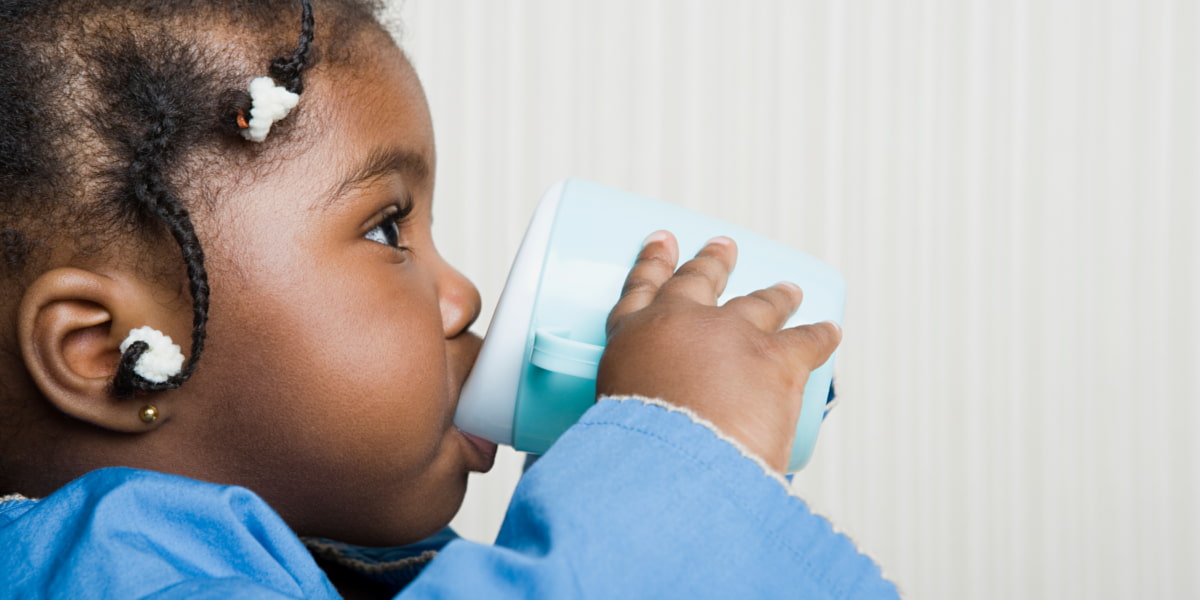
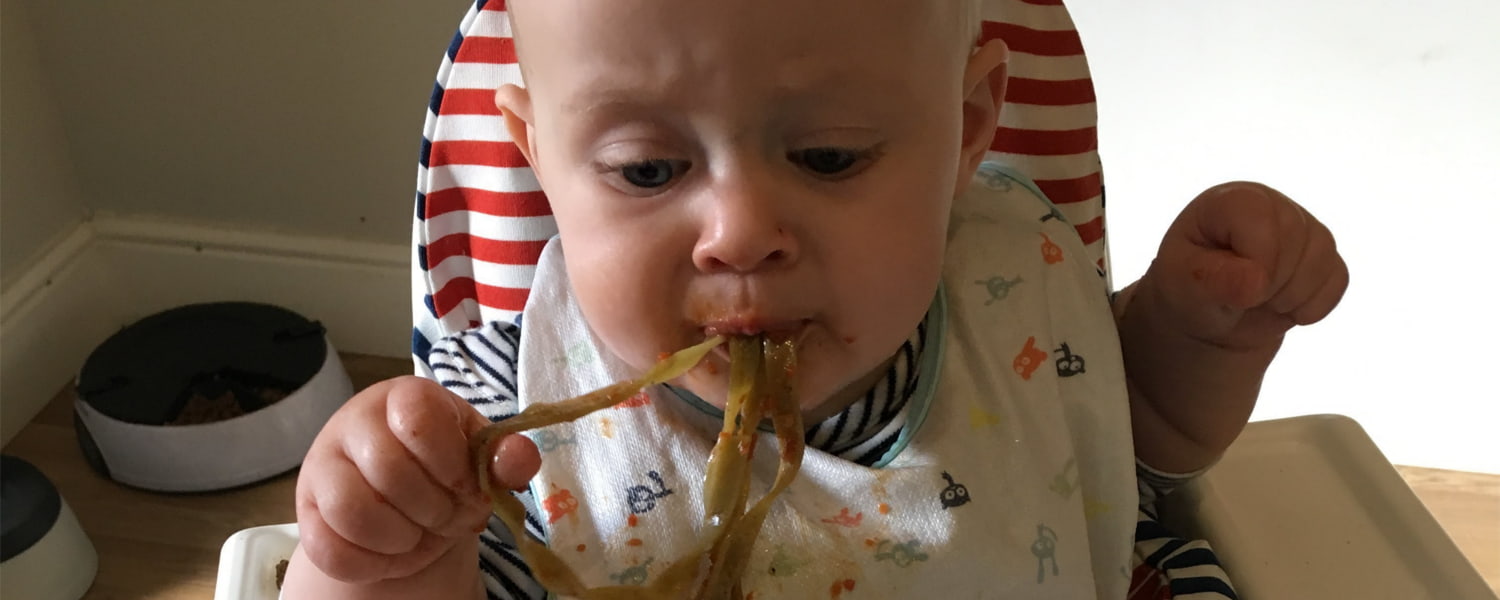
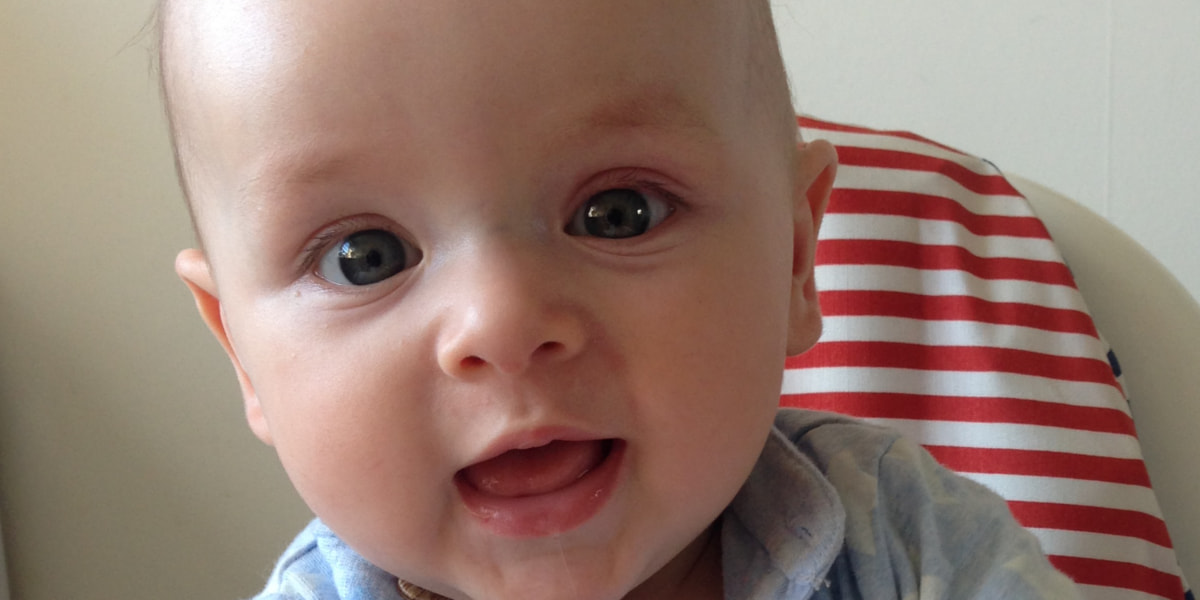
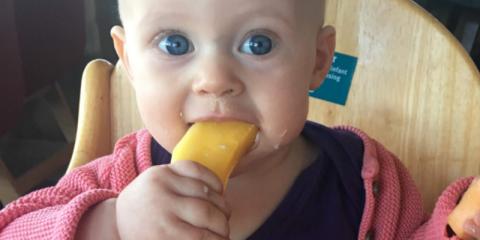
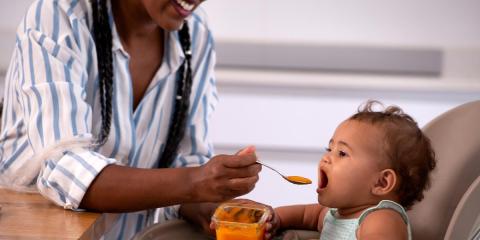
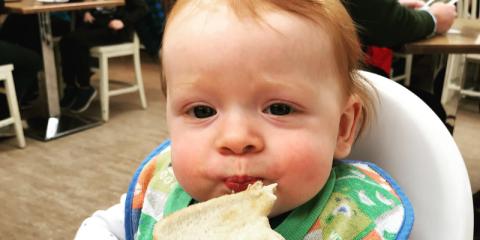
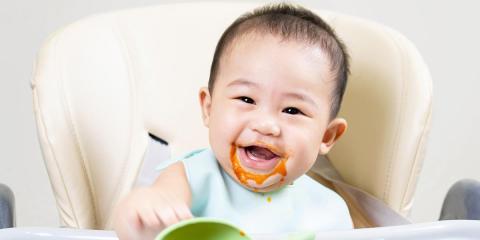
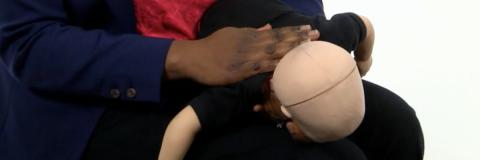
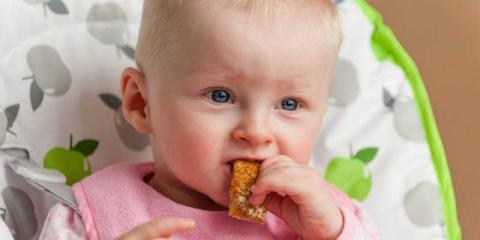
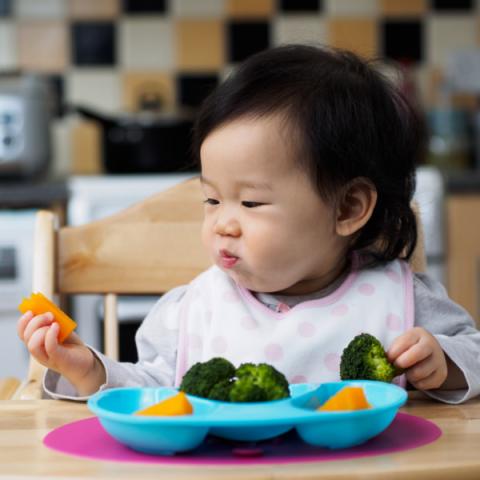
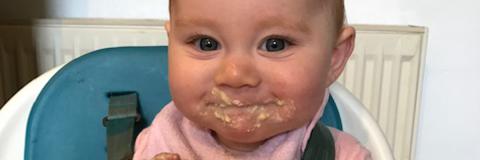
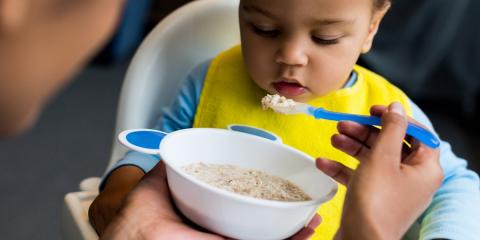
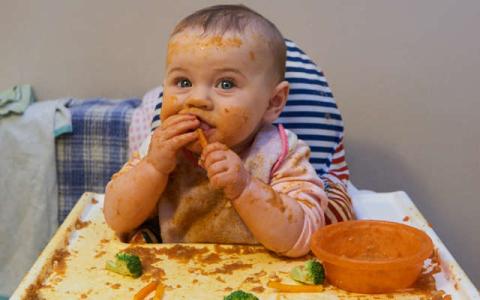
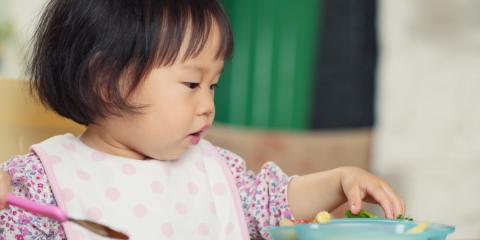
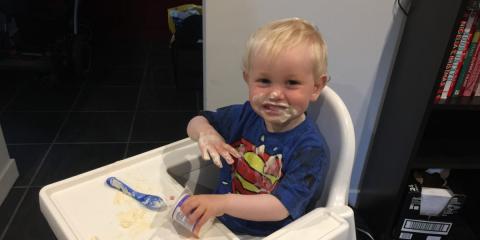
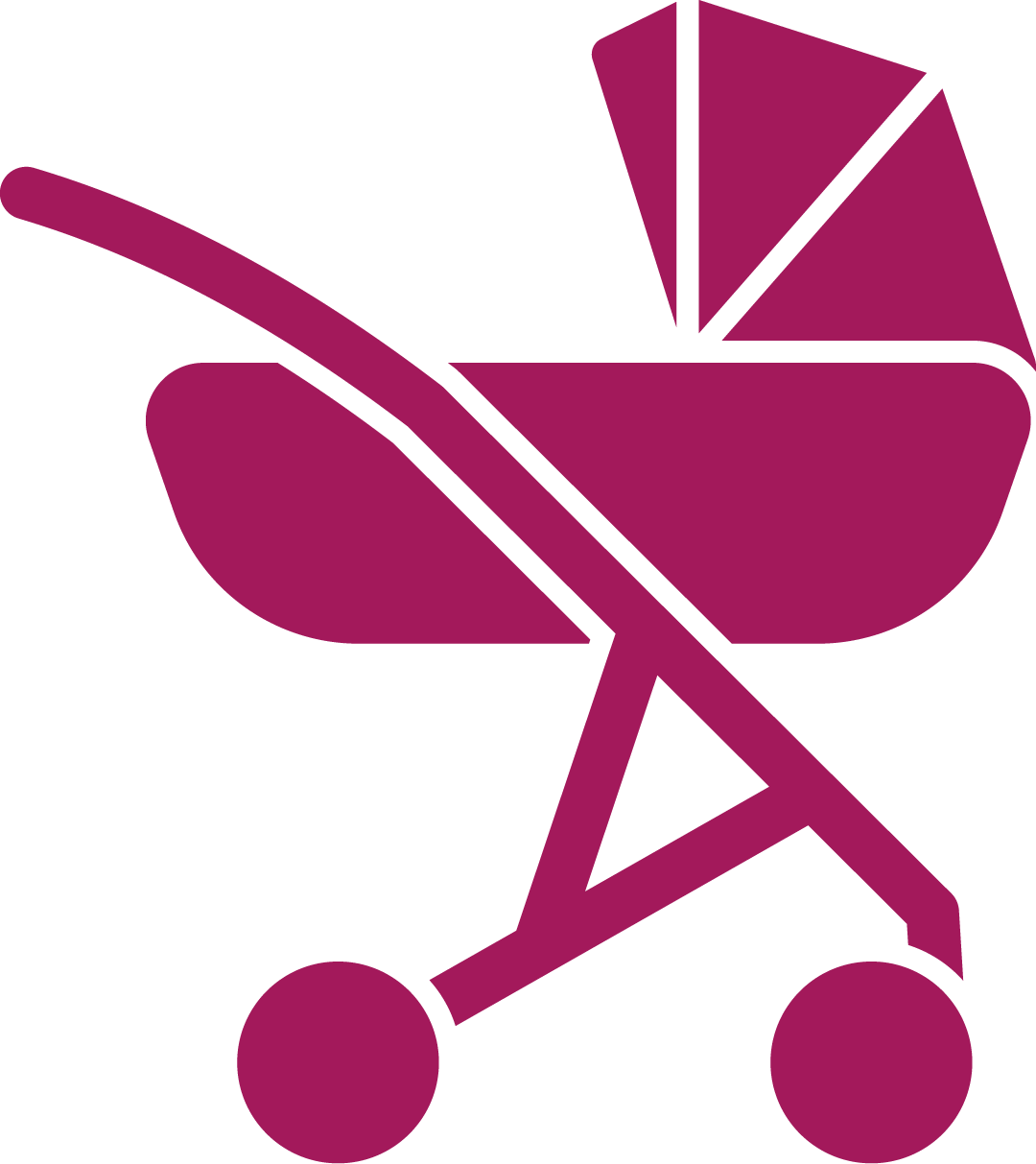 Pregnancy & First Days
Pregnancy & First Days
 Sleep
Sleep